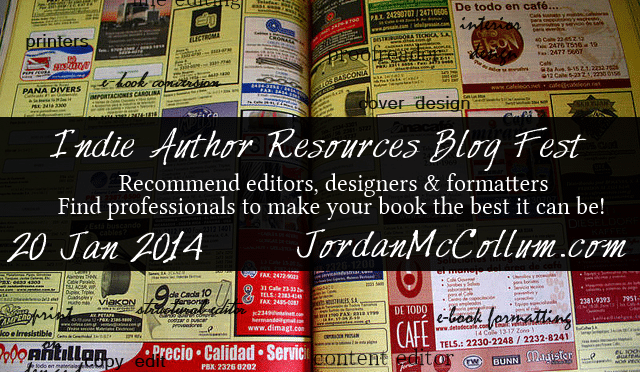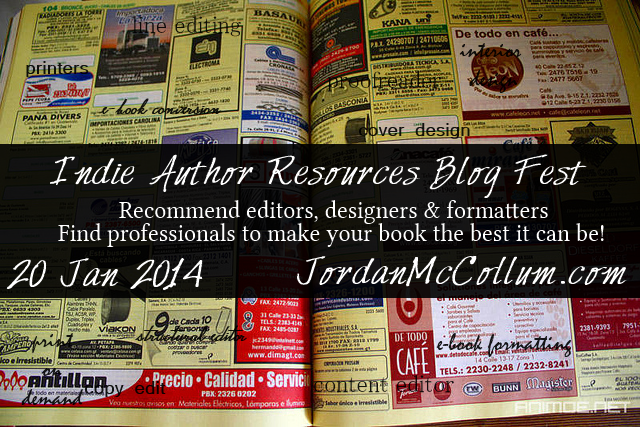Sometimes, “independence” = “freedom”
Tomorrow will be my book’s first birthday (of course, I uploaded it a few days in advance, and the print version a month in advance for proofs, but I still consider June 5 the “birthday”). When I announced my first novel last year, I wrote about how I feel about indie publishing. Most of what I said there is still true, except that I’m no longer sure I’m interested in working with a trade publisher, and I’ve shifted in my approach to indie publishing (more on that in a minute).
The results
This blog isn’t really about my self-publishing journey, but I love seeing hard data out there. So here’s how the first year of indie publishing has gone for those first two books:
- I’ve sold nearly 1700 copies of I, Spy
- I’ve given away over 5000 copies of Mr. Nice Spy (so many that I really stopped keeping track).
- I’ve published four more books—one more novella, one more novel, and two nonfiction books. I haven’t advertised these hardly at all, and they’ve done fairly well considering.
By far, the most successful times I’ve had have been when I ran ads at Bookbub and Ereader News Today—but there have also been random peaks at full price, selling 50 or 100 copies in a day. I originally wrote a novella as a “freebie” to generate interest in the novels (and as a little lagniappe for people who’ve read the novels, if they don’t mind spoilers). The freebie has done well, obviously, spending over six months on the free best”sellers” lists, but I can’t really see a correlation between “sales” of that book and sales of my later books, so it doesn’t seem to have worked in that sense.
A less measurable result has been the response. I’ve had some really great, encouraging feedback (and a few less so; I’ve stopped reading reviews, so I don’t really keep up on them anymore). Having both of my novels named among the five Whitney finalists was a big honor, a daydream possibility that might have idly wandered through my mind once. I did not expect to win, and I didn’t, but that honor has lead to some other positives—I believe it’s helped my print sales through my distributor (though we’ll have to see how returns pan out), and it got me reviews through a local newspaper, even being featured in the print edition.
But in the end, it always comes back to what I knew even before I started publishing: I write because I love it. If I don’t love it, I’ve learned, I need to stop writing for a while. You know, aside from the drudgery of nitty-gritty line edits.
The feels
Oh the feels. As with all publishing, I don’t think anyone’s truly prepared for the emotional roller coaster. One day you’re up because you got a great review or sold another book; the next you’re down because of a bad review or stinking writer envy.
(Stinking writer envy.)
Self-publishing has the notable drawback of not having a team of people who’ve at least endorsed your book as good. Though maybe not. It seems sometimes that benefit has probably already had its effect by the time most trade published books hit the shelves. Sales—generally within the first few weeks—are still regarded as the true measure of a book’s worth to a publisher. Sometimes, I fall into that same mentality, like my book’s (virtual) shelflife is over and I failed.
But I haven’t failed. I’ve got nothing but time, and my book isn’t going away unless I decide to kill it. Time is on my side, because every sale for the rest of forever “counts.” Toward, you know, nothing. My wallet. Whatever I want.
But again, the drawbacks and benefits aren’t all so easy to measure as dollar signs. Several times a week, I am either directly or indirectly informed of how bad self-published books are. When I’ve worked on (and paid for) the best book and most professional presentation possible, it hurts to be told that because of the route I chose to take to share my work, my book is automatically bad. Cue that emotional roller coaster.
The future: would I trade publish?
On the other hand, almost as frequently, I am either directly or indirectly informed of something a trade publisher has done that makes me so, so, so glad to not have gone that route. Anything from silly, careless mistakes to blatant disregard for their authors to hearing a trade published author worry about finding a home for their next work reminds me that I never, ever, ever have to do that. (Happy dance.)
The silly mistakes and mistreatment aren’t the biggest reason I’m glad to be indie—and that reason hasn’t changed over the last year. I still retain full control and full rights to my work. I make my editorial decisions, right or wrong. I pick my covers and my designer. I haven’t assigned my copyright to anyone for the next thirty-five minutes, let alone thirty-five years. I don’t need anyone else’s approval or authorization to share my work.
Unfortunately, over the last year, I’ve lost what little faith I once had in trade publishers. Last year, I felt like I was releasing a niche book and hoped to connect with my niche audience. A year later, I honestly feel like I dodged a bullet in not accepting an offer from a publisher (extended waaay back in 2011; more on that another time). I’ve really refined how I see that niche (not quite the one I thought I was releasing to, but pretty close).
More than that, though, I’ve realized that I regard publishing not only from the viewpoint of a businessperson and a writer, but as an artisan.
To borrow an example from another craft, I knit. I love it. A few of the things I’m most proud of are gifts for my family, and when I’m knitting for them, I almost always take the time and the care to undo mistakes, to make things the right way, to get all my decreases leaning the right direction (which is hard because I knit sort of “backwards”). I’m pretty proud of the results:
(Hang on. Have to take a minute to marvel at how much those baby girls have grown up: the one on pink will be 6 next month, the one on purple will be 4 tomorrow and the one on yellow is 1. Man.) (My husband and son are pictured from a couple weeks ago, so just the usual amount of marveling for them
 .)
.)
We’ve all seen or heard horror stories of some awful ugly sweater knitted by someone’s apparently half-blind grandma. But does that mean all hand knit items are crap?
Of course not! Would anyone seriously argue that? No! People pay for the privilege of owning and wearing hand knit items. (As a reference, I made a lace shawl very like the above for a niece in December. The yarn cost <$10. I looked up how much people were selling that exact shawl for on Etsy: $100.)
I view my books much like I view these crafts (without the $100 price tag). I’ve taken the care and the time (and the capital) to handcraft the best books I can. People will always deride the acrylic abominations of visually-and-sartorially-challenged (but well meaning!) grannies, but that doesn’t mean that everything hand made is garbage. And people will always deride the unedited drafts that some people throw on Amazon, but that doesn’t mean I should give up or feel like my stuff is garbage because I truly, lovingly crafted each scene and didn’t wait for someone else’s endorsement/permission to share it.
I still struggle for approval, even from myself, but in the end, I realize more and more, I do this for myself. I’m a perfectionist, and I would hand craft these books with care even if no one read them. Getting paid a little bit to share my writing is a privilege. And as I’m only a year in, I hope that privilege will continue to increase with time.
What do you think? How has your opinion of indie publishing changed over the last year?
Photo credits: Fireworks—Matt; masks—MFer Photography; both via Flickr/CC
Knitting photos by me









 1. The theme is Indie author resources. It’s all about showing some love for all those people who helped make your book great. So who do you put in your post?
1. The theme is Indie author resources. It’s all about showing some love for all those people who helped make your book great. So who do you put in your post?

